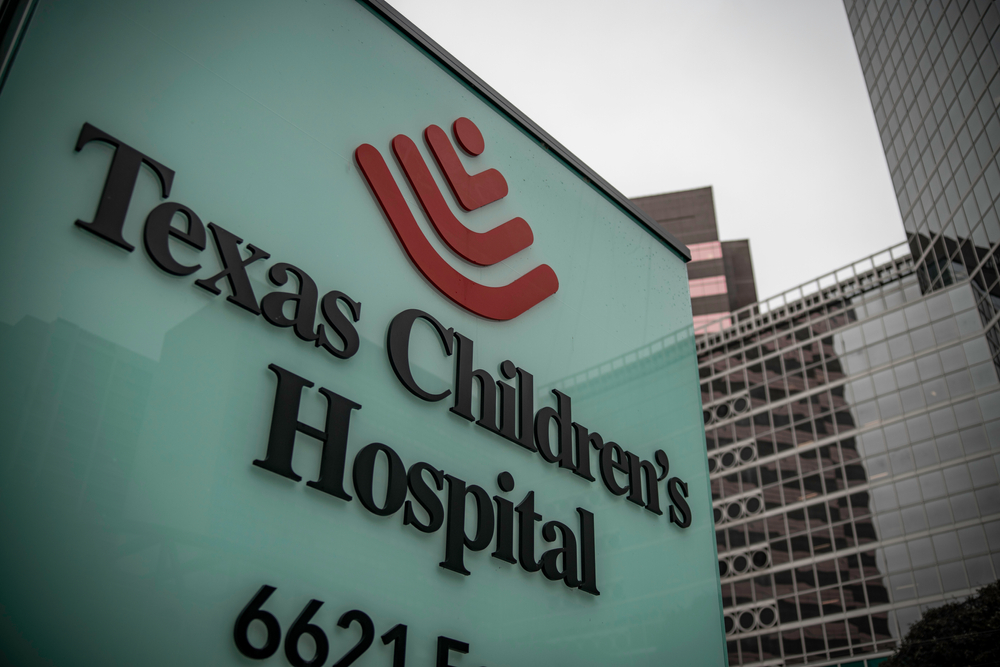The Occupational Safety and Health Administration (OSHA) cited the Texas Children’s Hospital of Houston, Texas, with a serious workplace violence violation after an aggressive patient pulled a security officer to the ground by the hair and kicked them repeatedly in the chest and abdomen, the agency announced May 10. The officer lost consciousness, was taken to the emergency room, and was hospitalized.
OSHA proposed a $15,625 penalty for a serious violation of the General Duty Clause of the Occupational Safety and Health Act and issued a hazard alert letter concerning ergonomic hazards in the hospital. The agency cites employers for workplace violence incidents under the General Duty Clause because there’s no federal workplace violence prevention standard.
“Workplace violence is an increasing problem for healthcare workers. The incident in this investigation is one of many recent attacks by patients against industry workers,” Mark Briggs, OSHA’s Houston area director, said in an agency statement. “Healthcare employers must protect their employees, particularly those in contact with aggressive or potentially aggressive patients, from the danger of being attacked by a patient. Employers must have certain effective policies and procedures in place so employees don’t have to work in fear of their safety.”
OSHA has a rulemaking to establish a workplace violence prevention standard for health care and social services. The workplace violence rulemaking is one of six “economically significant” regulatory actions at the agency.
In its citation of Texas Children’s Hospital, OSHA noted there were 15 recordable incidents of workplace violence in 2022 when a patient showing signs of aggression assaulted an employee. Nurses, assistants, security officers, and other staff have been exposed to physical threats and assaults, such as being bitten, punched, kicked, scratched, and spit on by behavioral health patients exhibiting signs of aggression in the hospital’s pediatric acute care unit.
The agency recommended several methods of hazard abatement, including:
- Conducting a worksite hazard assessment to identify employees and departments at risk of patient-on-staff workplace violence, analyzing the hospital’s OSHA 300 log data and de-escalation calls for trends;
- Updating, implementing, and communicating worksite-specific workplace violence policies and procedures;
- Ensuring all staff members have a reliable means to immediately communicate when they need assistance and that all employees are trained on proper procedures to call for assistance;
- Training all employees at risk of patient-on-staff workplace violence on methods, such as de-escalation techniques, and ways to protect themselves in situations when patients may become violent;
- Ensuring patients are assessed for aggression during admittance to the hospital to identify those who may become aggressive;
- Ensuring behavioral controls such as chemical and physical restraints are readily available;
- Ensuring personal protective equipment (PPE) such as hair nets, face shields, arm guards, and impact vests are available for use;
- Evaluating and implementing controls based on hazard assessment and analysis of workplace violence incidents and de-escalation calls;
- Evaluating and identifying potential deficiencies with the current controls being used by staff;
- Implementing engineering controls, such as cameras, to remotely monitor aggressive patients whenever possible, which can prevent an employee from being in direct contact with a violent patient; and
- Ensuring the duties and tasks of those on the de-escalation team don’t conflict with their ability to respond to an incident of aggression.
In its hazard alert letter, the agency recommended that Texas Children’s Hospital also adopt a written ergonomic program and training, engineering, work practice, and administrative controls to address musculoskeletal disorder (MSD) risks at the hospital.

